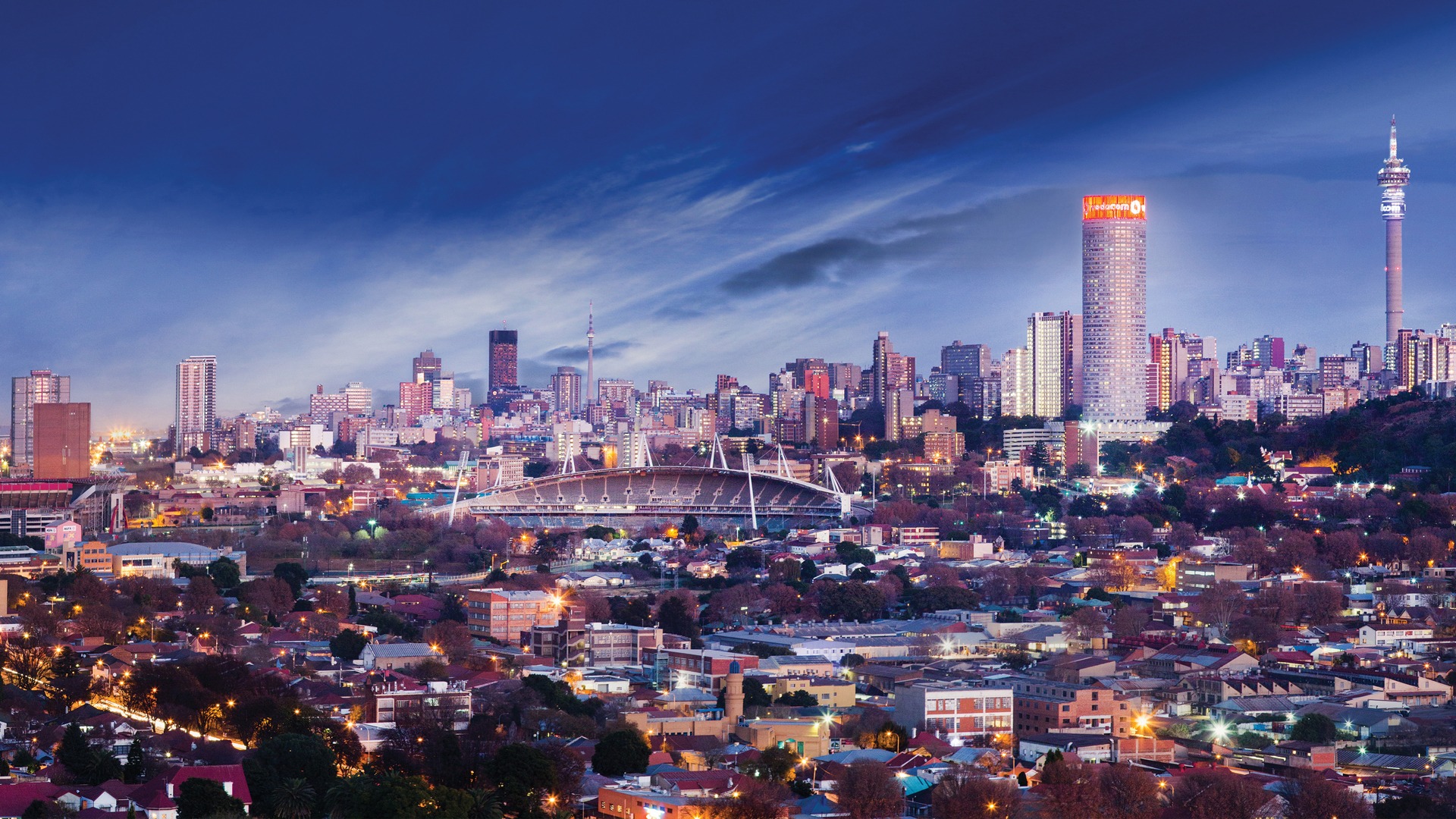Published
10 months agoon
By
tristan munz
Johannesburg continues to distinguish itself as one of the most affordable cities in South Africa. The city offers property owners significant value for money, particularly through its property rates tariffs. For the 2024/25 financial year, the City of Johannesburg has approved a modest property rates tariff increase of just 3.8%, positioning it as one of the lowest among the major metros in the country.
When comparing Johannesburg’s property rates increase to other major metros, the difference is clear. The City of Cape Town has implemented a 5.7% increase, eThekwini has raised rates by 6.5%, and Tshwane by 5%. Johannesburg’s ability to keep the increase to just 3.8% is a testament to its commitment to affordability and financial prudence.
While the property rates increase is notably low, other service tariffs have seen higher adjustments. The electricity tariff has increased by 12.7%, while water and sanitation have both increased by 7.7%. The refuse tariff saw a rise of 5.9%. These adjustments are influenced heavily by the cost of bulk purchases from Rand Water and Eskom, which supply the city with essential utilities.
Johannesburg’s progressive property rates policy is designed with the well-being of its residents in mind, especially those who are most vulnerable. The city has implemented numerous measures to support indigent property owners, including pensioners, child-headed households, women, and unemployed homeowners. Last year alone, more than 21,000 pensioners received rebates on their residential properties. This means some pensioners are exempt from paying the rates portion of their municipal bill, while others enjoy a 50% reduction based on qualifying criteria.
The city also provides subsidies for water and electricity to unemployed individuals and low-income households. These social relief programs are part of a broader strategy to ensure that no resident goes to bed hungry and that essential services remain accessible to all.
An independent Service Delivery Satisfaction Survey for 2022/2023 found that 61% of Johannesburg residents are generally satisfied with the services they receive, marking a 2% increase from the previous year. This satisfaction underscores the effectiveness of the city’s policies and its commitment to continuous improvement.
The city’s efforts to keep property rates and service tariffs manageable, while still providing substantial social relief, highlight its strategic use of limited resources. The continuous payment of municipal services by residents plays a crucial role in maintaining these programs, ensuring that Johannesburg remains sustainable for future generations.
Johannesburg’s approach to property rates and service tariffs showcases a city that balances affordability with robust support for its vulnerable populations. By maintaining low property rates increases and implementing comprehensive social relief programs, the city not only aids its residents but also fosters a sustainable and equitable urban environment. The ongoing satisfaction of its residents is a clear indicator of the success of these initiatives, positioning Johannesburg as a model for other metros to follow.















